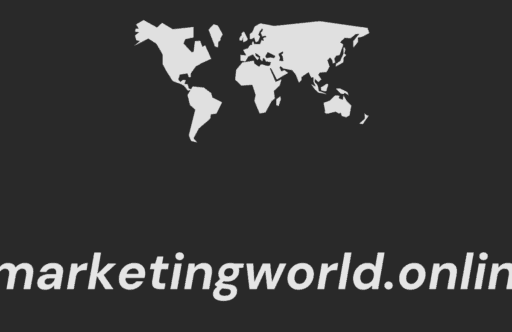A whole lot of consideration has been paid to the current Bentley-Gallup Enterprise in Society Report that urged solely 38% of People need to hear from companies about present occasions — down 10% up to now two years.
The analysis backs up what’s perceived as a basic disadvantage from corporations taking a public stance on up to date points, highlighted as soon as once more this week by Harley-Davidson altering its DE&I coverage following strain from activist buyers.
The long-lasting U.S. bike model now not has a DE&I coverage, has scrapped provider variety initiatives and ended a Human Rights Marketing campaign LGBTQ+ evaluation scheme within the office — although the bike producer stated it ended its DE&I coverage in April after an inner evaluation.
Harley’s pullback represents a three-fer of successes for conservative activist Robby Starbuck, who has already used his affect, attain and energy to power change at farm provide firm Tractor Provide and one other iconic American model, tractor-maker John Deere.
Starbuck, a 35-year-old former music video director, sought to be a Republican Home of Representatives candidate in Tennessee in 2022.
Some have labeled him a conspiracy theorist. However he has a big attain on social media, with greater than 560,000 followers on Elon Musk’s X platform. And because the Harley, Tractor Provide and Deere circumstances exhibit, he could make issues occur.
The argument for stakeholder capitalism, one evinced by the Enterprise Roundtable in its new Assertion of Objective in 2019, commits CEOs to main their corporations for the good thing about all stakeholders — clients, workers, suppliers, communities and shareholders. However with the understanding that working in such a method is finally useful to the underside line and that purposeful enterprise is sweet enterprise.
On Tuesday, Starbuck posted the next unequivocal message on X pushing again on that philosophy: “Far left organizations, assume tanks, activists and DEI ‘professionals’ like to faux that there’s a ‘enterprise case’ to be made that DEI helps make corporations cash. It’s all BS. I’ll spend this 12 months demonstrating the enterprise case towards DEI by displaying how harmful it’s.”
Our podcast visitor this week, Orangefiery CEO and founder Mike Kuczkowski, summed it up effectively and rebutted Starbuck’s stance as follows: “Candidly, the case towards it’s BS. The notion that this isn’t stuff we must always care about in enterprise is absurd to my thoughts.
“The DEI piece was entrance and heart for us for a very long time. Did we transfer on it in the way in which we must always have? I don’t assume we did. Having a various workforce, recognizing there are numerous audiences in your merchandise and fascinated with this stuff from a method standpoint is simply enterprise.”
Kuczkowski’s view is supported whenever you dig deeper into the Bentley-Gallup survey and don’t merely cease on the spotlight quantity.
Simply 38% of individuals surveyed don’t assume companies ought to take public stances on present occasions, and that slides even additional whenever you spotlight weapons (32%), immigration (32%), worldwide conflicts (24%), abortion (20%) and particular political candidates (17%).
However whenever you have a look at different matters, the numbers rise a lot increased, with Democrats wanting enterprise to weigh in on local weather change (54%) and DE&I (53%), and Republicans wanting corporations to opine on psychological well being (53%), healthcare (43%) and free speech (43%).
Within the meantime, companies and types and their comms groups are speaking extra about “influence” than “goal,” shrinking from labels akin to environmental, social and governance (ESG), company social accountability (CSR) and SRI (socially accountable investing) that had grow to be ubiquitous in annual reviews and monetary statements.
This debate goes to run and run, and communicators of all kinds should be ready and have their mission and messaging on level, nevertheless it’s troublesome to disagree with Kuczkowski when he says: “The notion that we’re simply right here to become profitable for shareholders is antiquated.”

